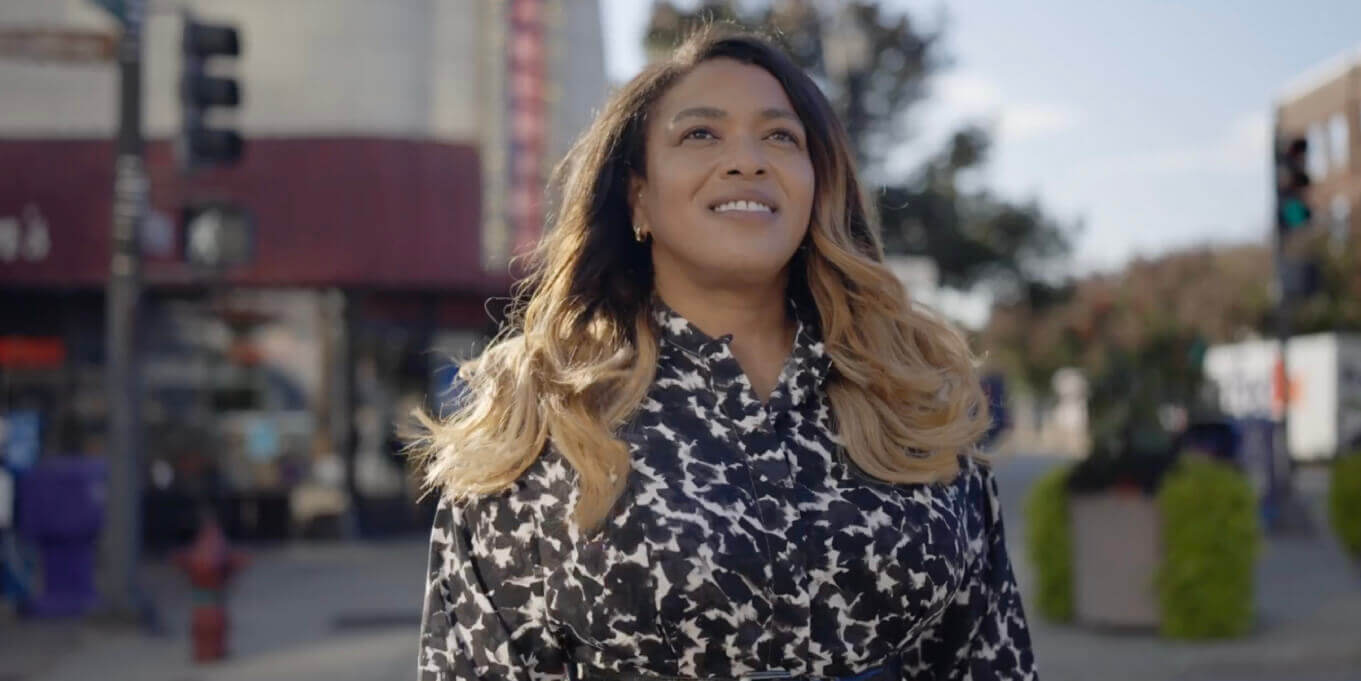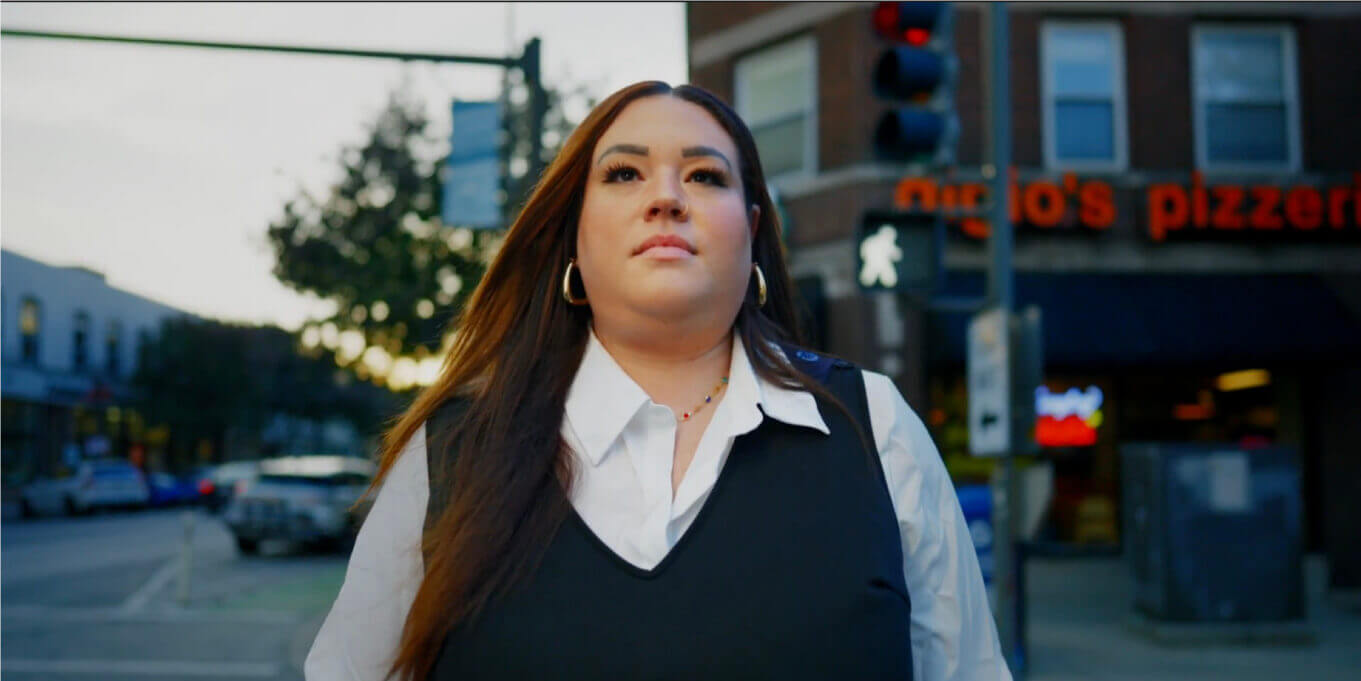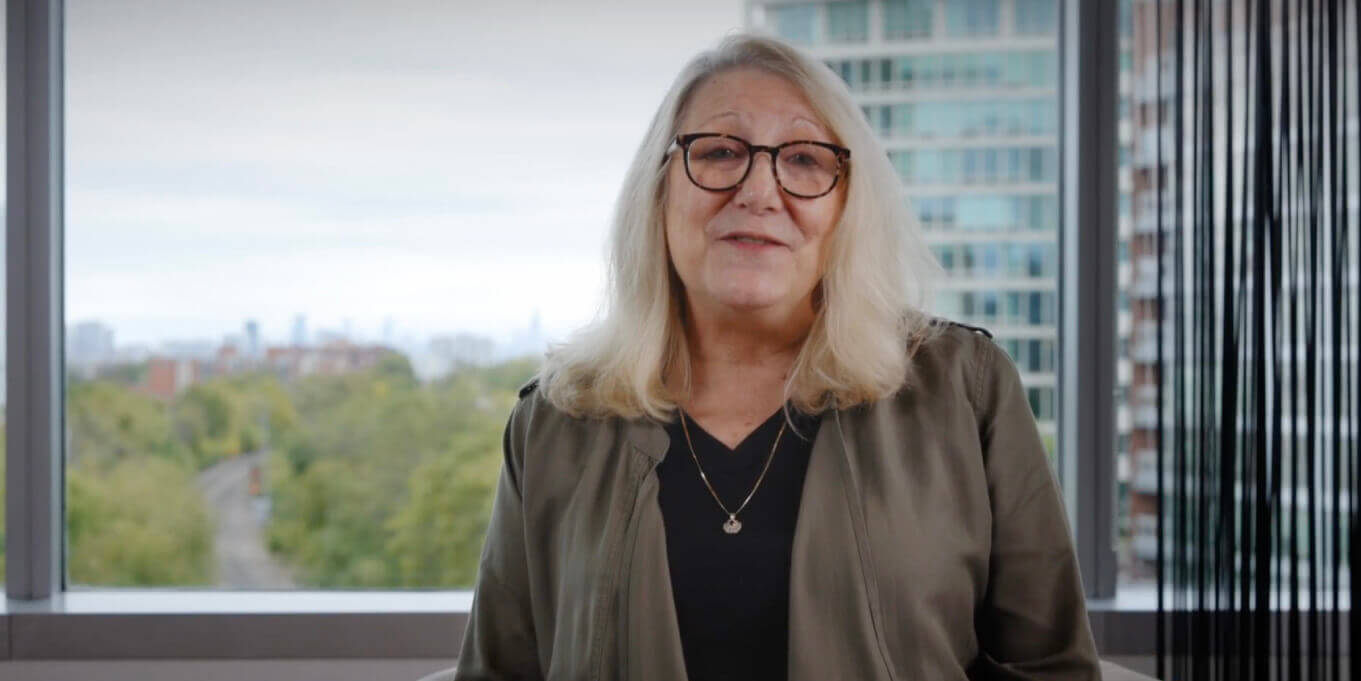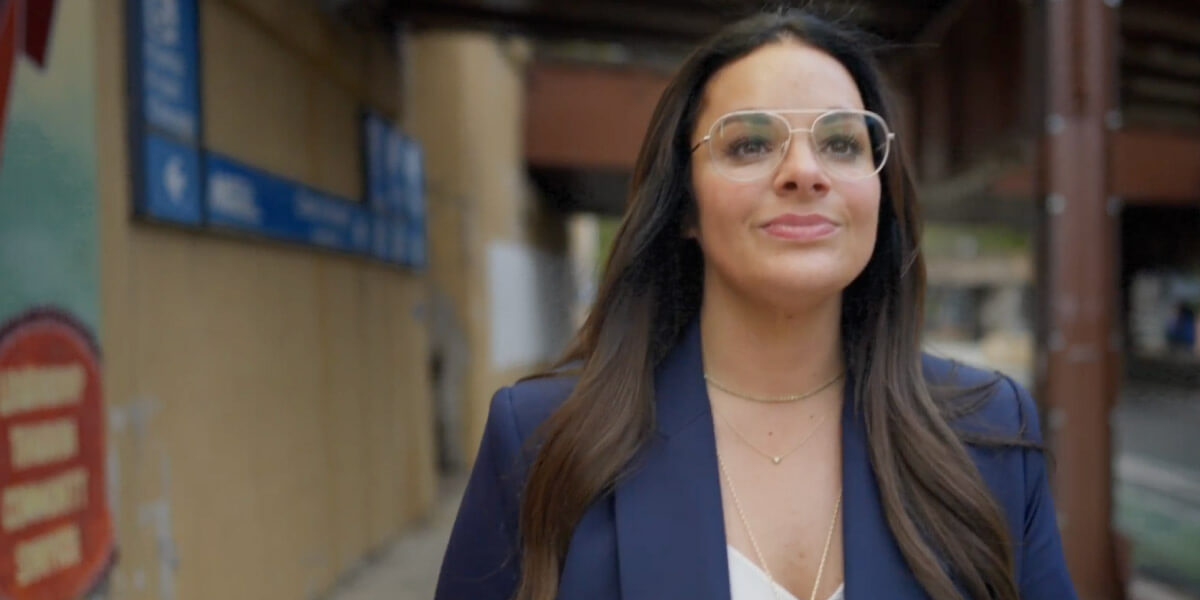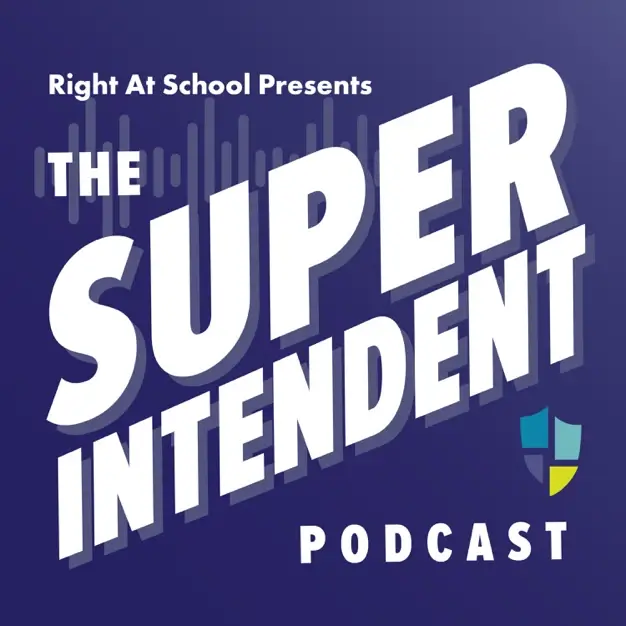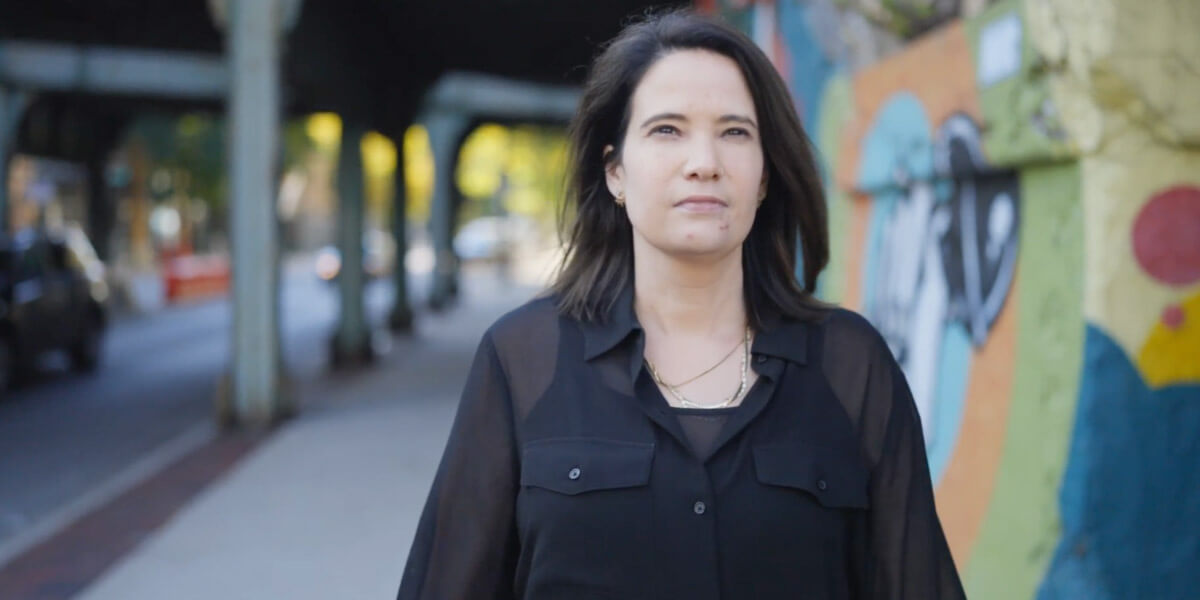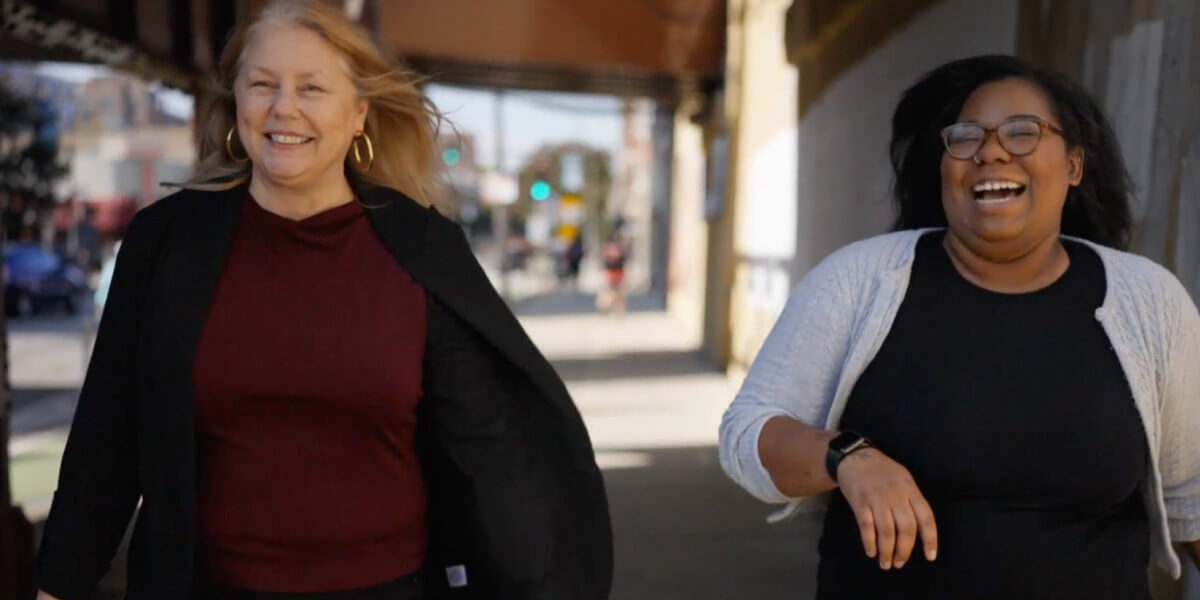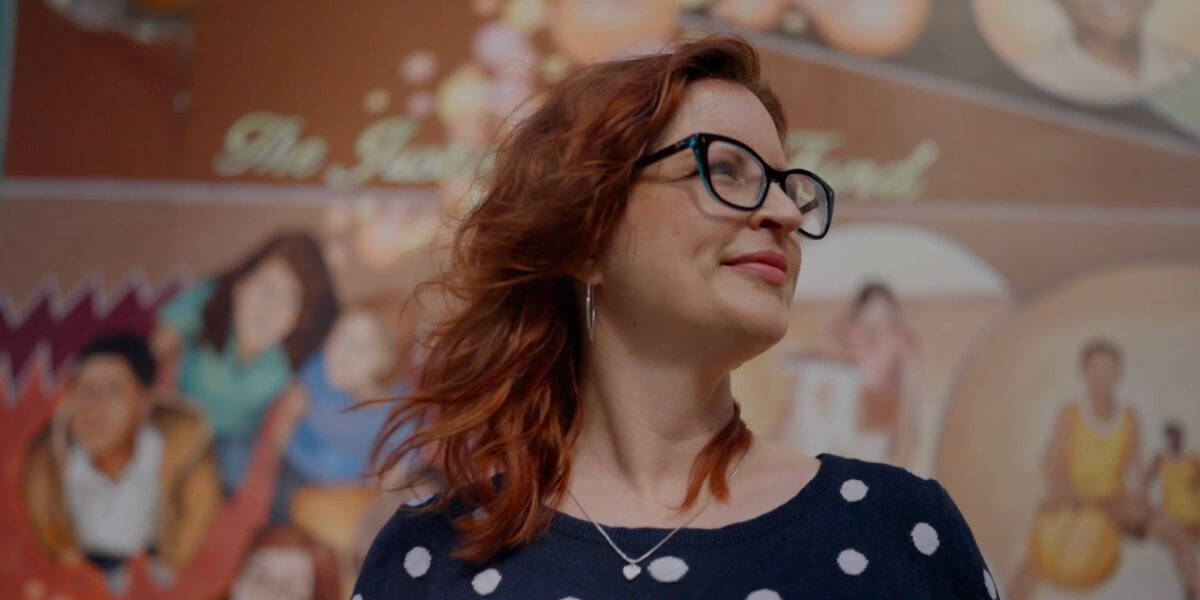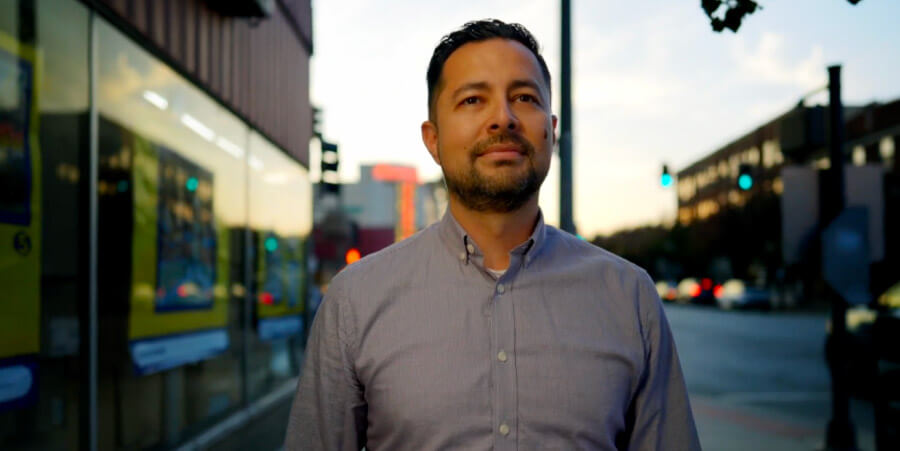
by Right At School
As Albert Einstein famously said, “Play is the highest form of research.” This quote perfectly captures the essence of what we commit to provide to students in our out-of-school time (OST) programs: a unique opportunity to blend joy and learning through play. With a thoughtfully designed, play-based curriculum, we offer students the chance to “research and learn” all day, every day — without even realizing it.
The Impact of Play on Learning
Research backs up the power of play. According to a study by Parker & Thomsen, “playful learning” is all about activities that are joyful, meaningful, engaging, iterative, and social. But the benefits of play go far beyond fun — learning through play helps children develop essential cognitive, social, and emotional skills they will use for the rest of their lives. During play, neural pathways are strengthened, supporting imperative life skills such as self-regulation and collaboration with others. For example, Right At School’s Disguised Learning approach builds these durable skills in ways that don’t feel like learning: they just feel like having fun while playing.
Why OST Programs Matter: An Educational Goldmine
Did you know that 540 hours of after-school play equals nearly half a year of additional learning time at school? That’s one of the many reasons quality out-of-school programs are so valuable and needed in today’s educational scope. OST programs offer flexibility, making it easier to deliver engaging learning experiences that reinforce academic knowledge while also nurturing crucial “durable” skills — the kind of skills children will need to thrive in any environment, today and in the future.
Building Durable Skills Through Play
In today’s world, it’s not just academic knowledge that matters — we must also have the ability to adapt, collaborate, and think critically. These durable skills — such as problem-solving, teamwork, and creativity — are essential for success in every area of personal and professional life. Durable skills, also known as 21st century skills, social-emotional skills, college, and career readiness skills, transferable skills, or non-cognitive skills, are the skills that more than 90% of employers say they’re looking for in their workforce.
Unfortunately, most states and districts do not have a standardized approach to teaching these skills across the K-12 spectrum, leaving a gap in the development of these key competencies.
At Right At School, we saw this gap and knew we had to take action.
Our team has worked tirelessly to create an OST curriculum that adds up to 1,000 additional hours of intentional learning time for students in our programs. This curriculum focuses on building durable skills and is guided by a thoughtful scope, educators that care, and sequence designed to ensure every moment counts.
How Joyful Learning Works at Right At School
Our approach at Right At School ensures that every activity we have planned for our students aligns with five core principles of joyful learning:
- Joyful: Activities students love, which makes them eager for more.
- Meaningful: Activities tied to students’ interests and real-world experiences.
- Actively Engaging: Encouraging students to participate and immerse themselves in the learning process.
- Iterative: Learning through trial and error in a supportive, safe environment.
- Socially Interactive: Opportunities for collaboration and interaction with peers.
Through our Disguised Learning model, students are presented with real-world problem-solving challenges that require them to collaborate, innovate, and think critically. For example, in the unit Inventor’s Workshop, students learn about Roman Aqueducts and apply durable skills as they engineer, test, and iterate their own designs built out of recyclables.
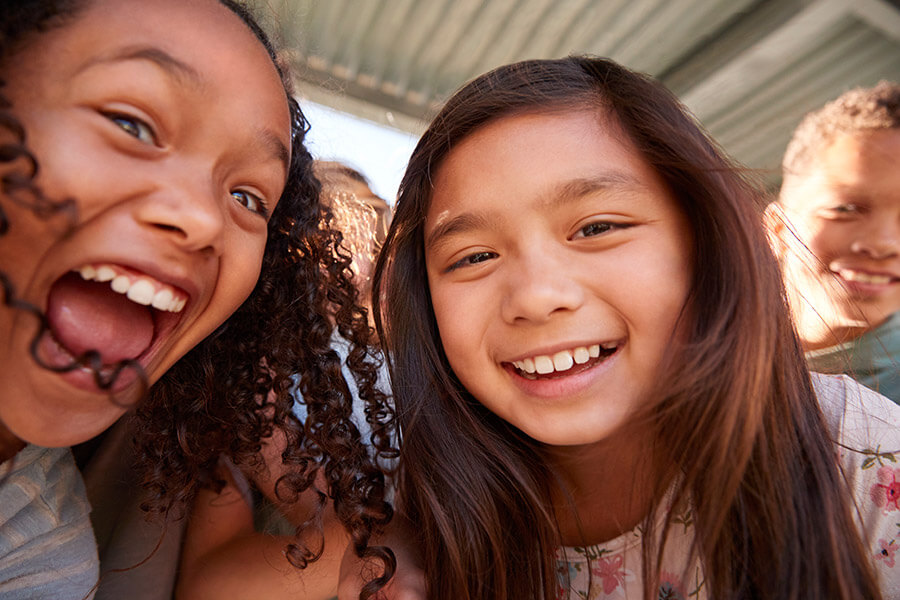
Does It Work? The Evidence Speaks for Itself
Data from the Developmental Assets Profile delivered pre and post participation in our OST programs demonstrated that students who engaged in our play-based curriculum showed significant growth in these key areas:
- Improved social skills: Students learn to navigate social situations, work collaboratively, and build lasting relationships.
- Increased positive identity: Students become more confident in their abilities and in themselves.
- Empowerment to solve problems and take academic risks: Students gain the confidence to tackle challenges and take risks they might have otherwise avoided.
These positive outcomes are a direct result of embedding the five principles of joyful learning into our curriculum. When students are encouraged to engage deeply and playfully with new ideas, they not only learn academic content but also develop the social-emotional skills necessary to thrive in school and life.
Conclusion: Maximizing the Potential of OST Programs
Integrating joyful learning into OST programs is an effective and profound way to make the most of the time students spend outside of school. It provides an environment where children can develop both academic knowledge and essential life skills in a fun, engaging way.
We encourage you to reflect on the time your child spends out of school — are they being given opportunities to build durable skills in a nurturing environment?
Learn more about how you can partner with Right At School and lead the way fostering these critical skills in your district.
